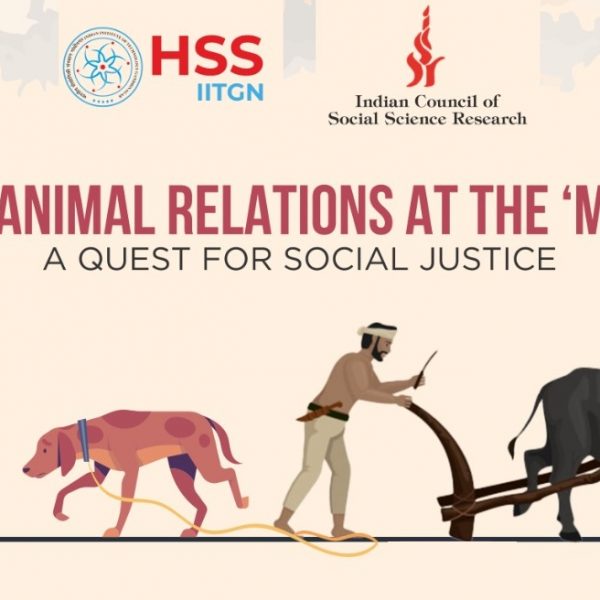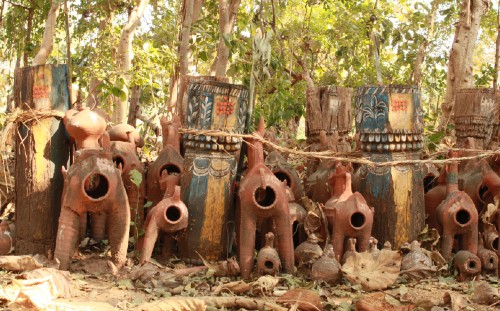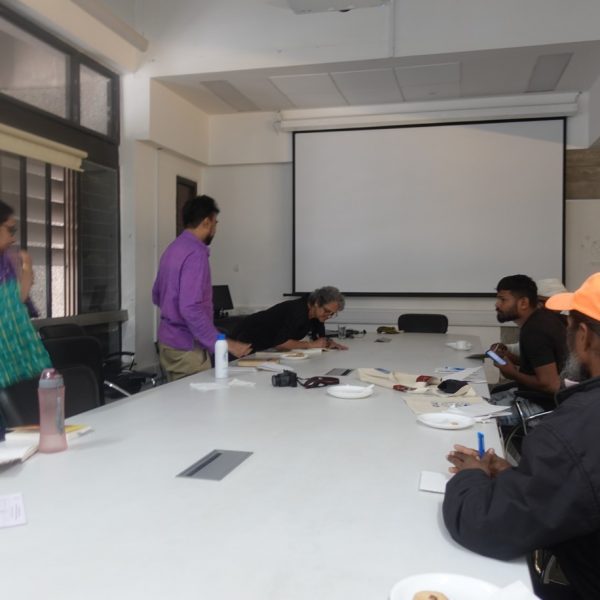Time
Description

Relations between humans and animals are multifaceted. The various ways of perceiving the ‘conjoint’ living have been analysed and examined from multiple perspectives and disciplinary lenses. While some animals and birds are positioned as superior in the Brahminical social order, others seem to be subordinated and are associated with certain ‘inferior’ caste groups. A lot has been written about the need to ‘decolonize’ animal studies and wildlife conservation, but there is no discussion or attempt to ‘de-brahminize’ animal studies and conservation science in India. While there is sufficient literature on tribal communities and their association with forests and animals, many excluded communities and their relations with animals are yet to make their presence in the mainstream academic discourse. This workshop will examine human-animal relations at the margins through anti-caste socio-ecological understanding. It attempts to understand the differences in the social and the order of nature through Dalit, Bahujan and tribal texts, artwork, images, symbols, and icons. It will explore the meaning-making processes by examining animal metaphors in marginalised communities’ lived experiences to seek social justice. This workshop asks a simple question, ‘how do we understand human-animal through the lived experiences of the most marginal?
The workshop also hopes to initiate a discussion about our connections with animals such as dogs, pigs, vultures, donkeys, buffaloes to highlight one’s marginalized existence through experiences of stigma, disgust, and degradation. Similarly, how conservation regimes and laws have prioritized animals considered ‘sacred’ or ‘protected’ over the socially oppressed communities, resulting in exclusion. Animals are a powerful reminder of the ‘sub-human’ status of underprivileged communities whose narratives uncover dark, inhumane, and unsettling references to the animals. This workshop aims to examine these entanglements.



